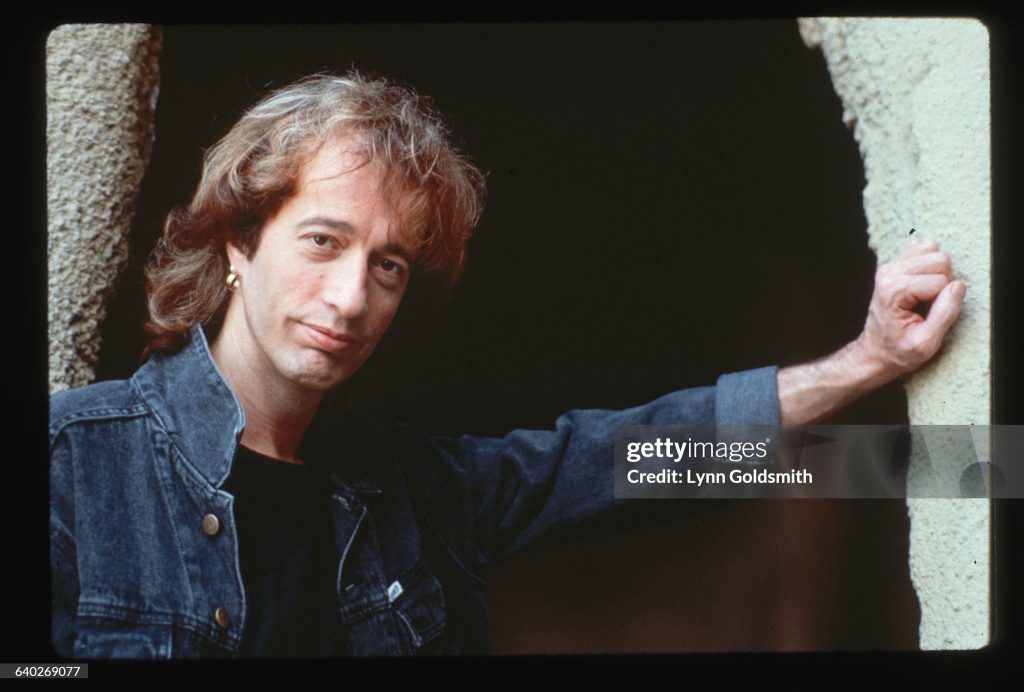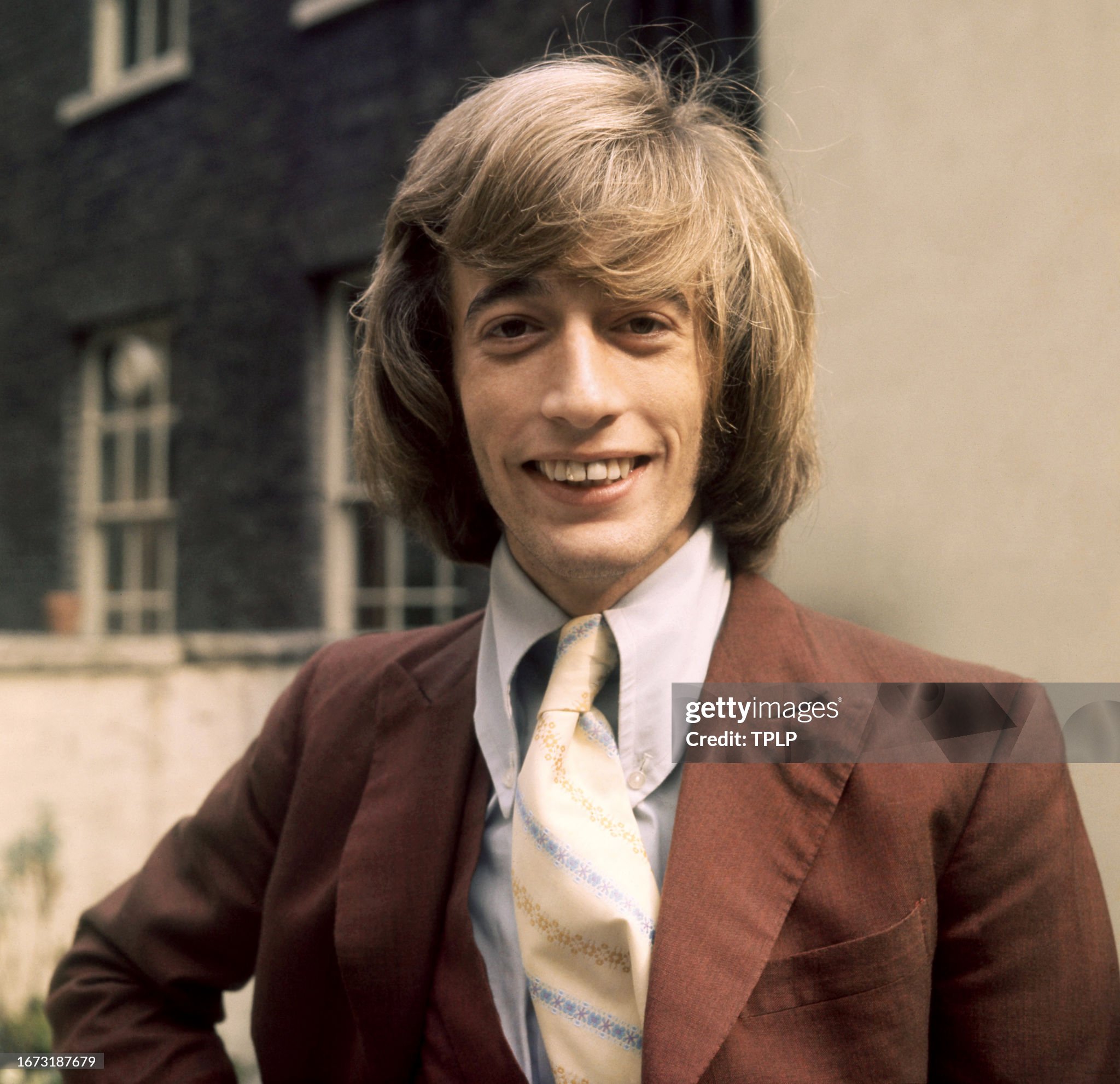
A Timeless Ode to Love and Loneliness
“One Million Years” by Robin Gibb, released in 1969, is a haunting ballad that speaks to the depths of human emotion, intertwining themes of love, loss, and the inexorable passage of time. This poignant track was part of Robin Gibb’s early solo career after temporarily leaving the Bee Gees. While it didn’t make a massive splash on the mainstream charts upon its release, it resonated deeply with fans and has since become a cherished piece for those who appreciate the nuanced storytelling and emotive delivery that Gibb was known for.
The song was released during a period of personal and professional transition for Robin Gibb. Having embarked on his solo journey after tensions within the Bee Gees, he sought to carve out a distinct musical identity. “One Million Years” showcases Gibb’s signature emotive voice and his ability to convey profound sentiment through music. The song did not achieve significant chart success; however, it reached modest positions in some European countries, hinting at its initial reception.
“One Million Years” delves into the universal experience of yearning for a lost love, encapsulated in lyrics that speak to waiting an eternity for reconciliation. The metaphor of “one million years” serves as a powerful symbol for undying love and longing, painting vivid imagery of timeless devotion. Gibb’s delivery is both soulful and melancholic, capturing the essence of love’s endurance even amidst solitude.
The story behind this song is as compelling as the track itself. It reflects Robin Gibb’s introspective nature and his penchant for exploring complex emotional landscapes through his music. At this point in his life, Gibb was experiencing both professional estrangement from his brothers and personal introspection. This duality is palpable in “One Million Years,” as it conveys a sense of isolation coupled with an unwavering hope for reunion—both in terms of romantic love and familial bonds.
The production of the song is simple yet effective, allowing Gibb’s haunting vocals to take center stage. The arrangement features orchestral elements that add a layer of depth and drama, enhancing the emotional weight of the lyrics. The use of strings, in particular, underscores the song’s themes of longing and timelessness, evoking a sense of grandeur and eternal waiting.
Listening to “One Million Years” is akin to embarking on an emotional journey—a reflection on love that endures beyond time and space. For many older listeners, the song may evoke memories of past loves or remind them of the enduring bonds they have nurtured over the years. It speaks to anyone who has ever waited for something or someone they hold dear, making it universally relatable despite its specific narrative.
Over the years, “One Million Years” has maintained its place as a beloved classic among Robin Gibb’s repertoire. It stands as a testament to his ability to craft songs that resonate on a deeply personal level while also touching on universal themes. The track is often revisited by those who appreciate music that captures the complexity of human emotions with sincerity and grace.
In conclusion, Robin Gibb’s “One Million Years” remains a timeless piece that continues to touch hearts with its poignant exploration of love and time. Its enduring appeal lies in its simplicity and emotional depth—a hallmark of Gibb’s musical legacy. For those who find solace in songs that mirror their own experiences with love’s enduring nature, “One Million Years” offers both comfort and reflection, echoing sentiments that are as old as time itself yet ever relevant in our personal narratives.
